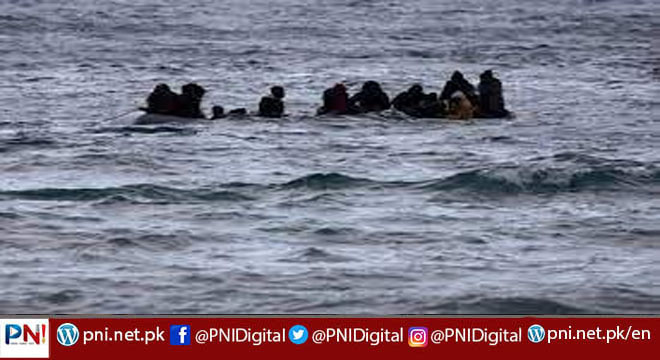Nairobi, Sept 3 (AFP/APP):South Sudan is witnessing a “new wave of repression”, global rights group Amnesty International warned Friday, with many activists now in hiding after a string of arrests in the conflict-wracked country.
The world’s newest nation has suffered from chronic instability since independence in 2011, with a coalition of civil society groups urging the government to step down, saying they have “had enough”.
The authorities have taken a tough line against such demands in recent weeks, arresting eight activists as well as detaining three journalists and two employees of a pro-democracy non-profit, according to rights groups.
“We are witnessing a new wave of repression emerging in South Sudan targeting the rights to freedom of expression, association and peaceful assembly,” said Deprose Muchena, Amnesty International’s regional director for East and Southern Africa.
The clampdown followed a declaration last month by the People’s Coalition for Civil Action (PCCA) calling for a peaceful public uprising.
The PCCA had urged the public to join its protest on Monday in the capital Juba but the city fell silent as the authorities branded the demonstration “illegal” and deployed heavily-armed security forces to monitor the streets for any sign of opposition.
“Peaceful protests must be facilitated rather than cracked down upon or prevented with arrests, harassment, heavy security deployment or any other punitive measures,” Muchena said in a statement.
The rights group noted that many activists had faced harassment since the aborted demonstration, “with some suspecting they were being surveilled by security forces”.
The authorities have also shut down a radio station and a think tank in connection with the protests.
In a statement released on Friday, the United States, the European Union, Britain and Norway urged the South Sudan government to protect “the rights of citizens… to express their views in a peaceful manner, without fear of arrest”.
Since achieving independence from Sudan in 2011, the young nation has been in the throes of a chronic economic and political crisis, and is struggling to recover from the aftermath of a five-year civil war that left nearly 400,000 people dead.
Although a 2018 ceasefire and power-sharing deal between President Salva Kiir and his deputy Riek Machar still largely holds, it is being sorely tested, with little progress made in fulfilling the terms of the peace process.
The PCCA — a broad-based coalition of activists, academics, lawyers and former government officials — has described the current regime as “a bankrupt political system that has become so dangerous and has subjected our people to immense suffering.”
Follow the PNI Facebook page for the latest news and updates.









